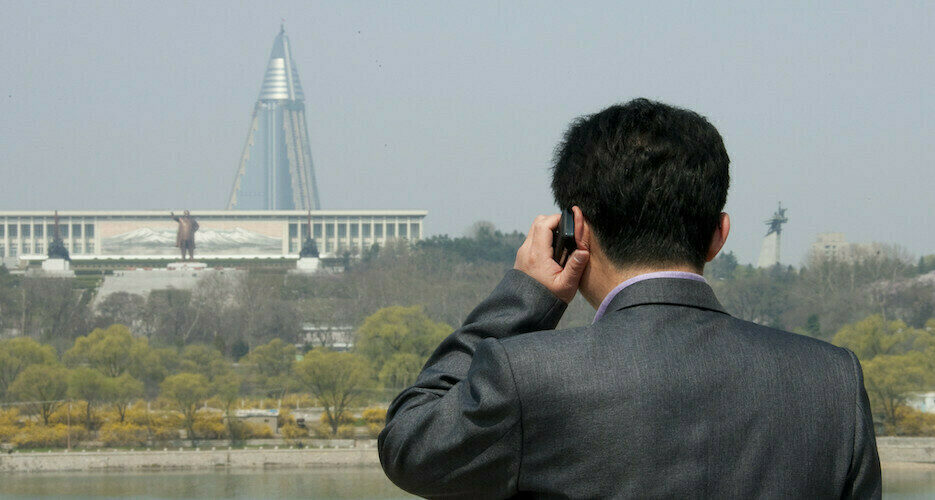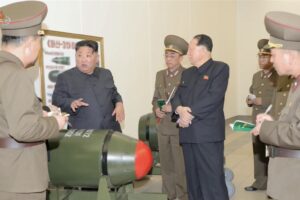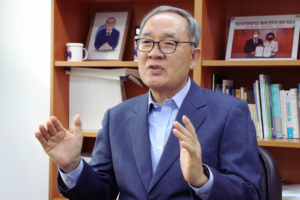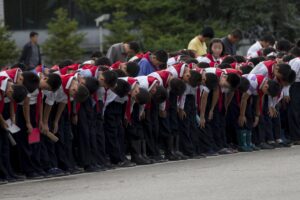North Korea’s imposition of strict border controls in response to the pandemic has had dramatic consequences for its people over the last two years, stifling the import of goods and humanitarian aid, further limiting freedom of movement and stranding DPRK nationals abroad.
But Pyongyang’s COVID-19 measures have also had unexpected impacts on another group of people — the 30,000 or so North Korean defectors now living in the South. Defectors report that it has not only become harder to communicate with loved ones still in the North, but sending cash home has also become prohibitively expensive.
North Korea’s imposition of strict border controls in response to the pandemic has had dramatic consequences for its people over the last two years, stifling the import of goods and humanitarian aid, further limiting freedom of movement and stranding DPRK nationals abroad.
But Pyongyang’s COVID-19 measures have also had unexpected impacts on another group of people — the 30,000 or so North Korean defectors now living in the South. Defectors report that it has not only become harder to communicate with loved ones still in the North, but sending cash home has also become prohibitively expensive.
Try unlimited access
Only $1 for four weeks
-
Unlimited access to all of NK News: reporting, investigations, analysis
-
Year-one discount if you continue past $1 trial period
-
The NK News Daily Update, an email newsletter to keep you in the loop
-
Searchable archive of all content, photo galleries, special columns
-
Contact NK News reporters with tips or requests for reporting
Get unlimited access to all NK News content, including original reporting, investigations, and analyses by our team of DPRK experts.
Subscribe
now
All major cards accepted. No commitments – you can cancel any time.










